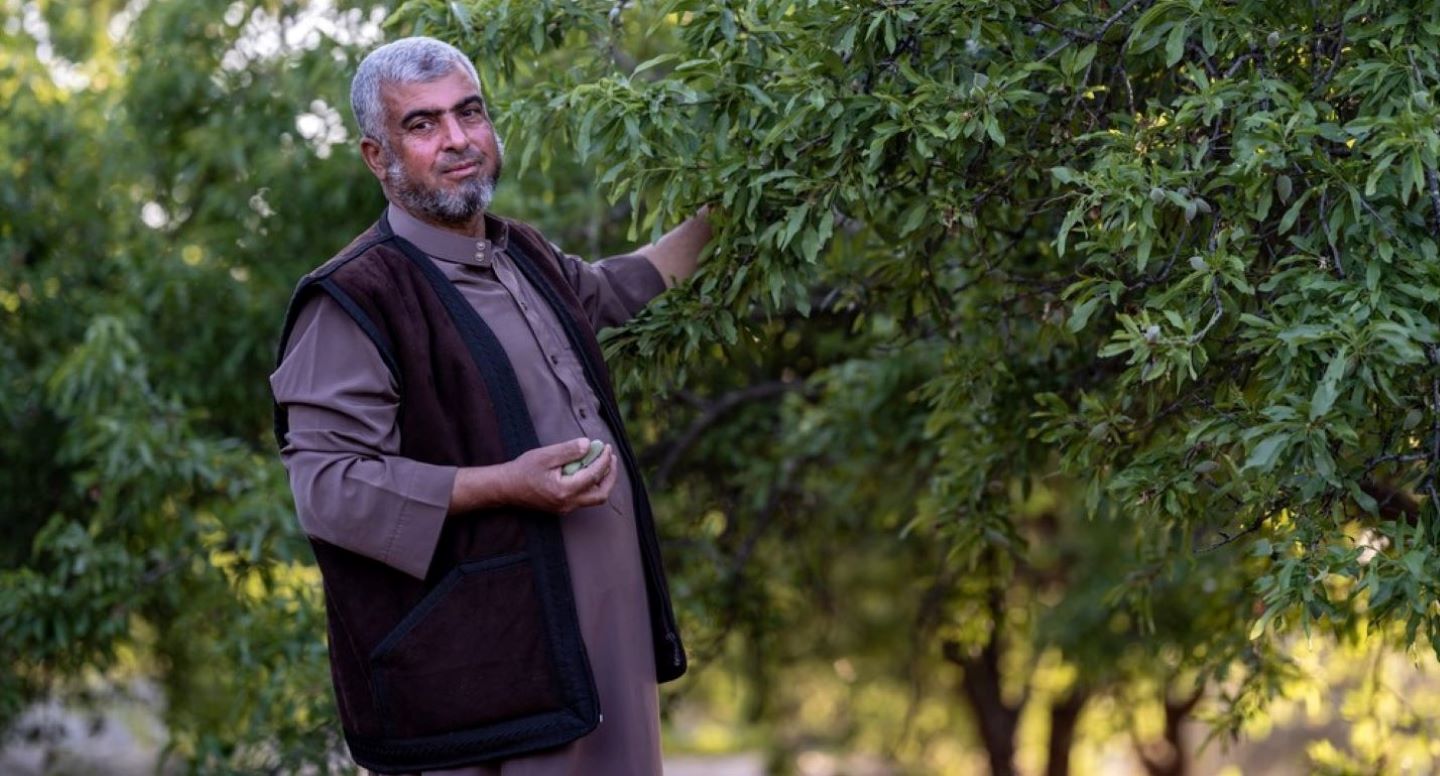A year of rural stories
IFAD Asset Request Portlet
Asset Publisher
A year of rural stories
Estimated reading time: 3 minutes
For rural people around the world, 2023 was a year like no other.
It was a year in which climate change impacts rippled across the world and El Niño foreshadowed the effects of temperature increases. A year when conflict and rising prices shone a light on the fragility of our food systems and the importance of building resilience.
It was also a year of calls for change. At COP28, we urged the world to act for rural people. IFAD's President appealed our Member States to step up their investments in rural people. IFAD’s Associate Vice-President for programmes, wrote about the importance of investing in rural people, drawing on stories from all over the world.
For countless people in IFAD-supported projects, it was a year in which their lives changed.
Here are some of the stories we told in 2023.
Changing lives in every region
In Lao, Si Phut learned how to expand her family meals beyond rice. “I didn’t know it was important to consume vegetables and diversify our diet,” she says. “My son has grown strong and healthy, and he never gets sick.”
There were times when Amina Sana's family struggled to afford food at their local market in Madagascar. Thanks to an IFAD project, she now owns a herd of goats and always has milk to drink and to sell.
We worked with tea farmers across the green hills of Sri Lanka to roll out new planting methods and diversify their income streams. Padma Nandani doubled her income after receiving support to set up a commercial tea nursery. “My daughter asks me to work hard and support her, so that, one day, she will be the one who will support me,” says Padma.

By adding plantains to her banana farm in Benin, Constance Zankran diversified her crops and invested in machinery to process and preserve the food she produces.
University student Ahmed Youssef was forced to flee his hometown in Syria. As a refugee in Jordan, and with a grant from an IFAD project, he transformed his hobby of making mosaics into a business employing eight people.
Looking back, looking forward

As IFAD entered its thirteenth replenishment cycle, we took a moment to look back on how we’ve transformed rural futures over the past 50 years - from eradicating deadly pests in Africa to being amongst the first to invest in the Nobel Peace Prize-winning Grameen Bank.
We showed how different avenues of global finance can support rural development and explained why rural people matter to achieve the SDGs.
We investigated what truly sustainable development can look like and drew lessons on how to secure success for rural people.
And we lifted the curtain on how IFAD projects really work.
New ways, old ways

This year, we celebrated how Indigenous Peoples help shape IFAD and the world. We also learnt how indigenous young people perceive the impacts of climate change.
We showed how small-scale farmers are modernizing ancient irrigation systems to conserve water, how livestock herders are changing their ways to become more climate friendly, and how schools can be places where children and adults learn about food and nutrition.
Rural people across the world are using new tools to improve their businesses. In South Asia, for example, we saw how rural women use digital technology to sell tomatoes and tulips, while across the world geographical data helps create customized country maps with indicators that alert farmers to changing rainfall, railways and even livestock density.
A patchwork of rural lives

We introduced you to the rural people who help the world flourish.
They conserve our water resources and fight for our ecosystems. They’re transforming our food systems and making them sustainable.
We came together to sing for rural women and celebrate their strength and leadership the world over. We uncovered the vital roles played by persons with disabilities, youth and Indigenous Peoples in shaping the joyful future we all want.
And we showed that, by acting now and investing in rural people, a new day is possible.
Publication date: 21 December 2023